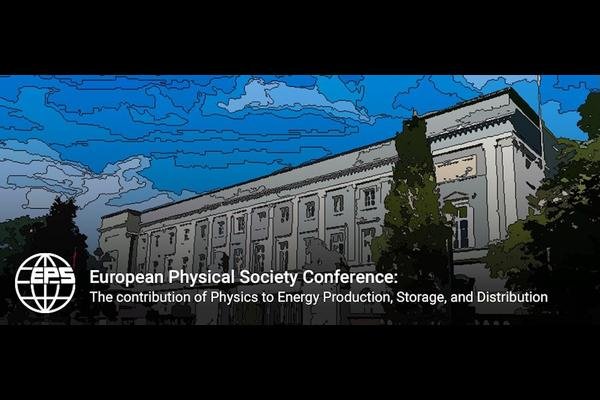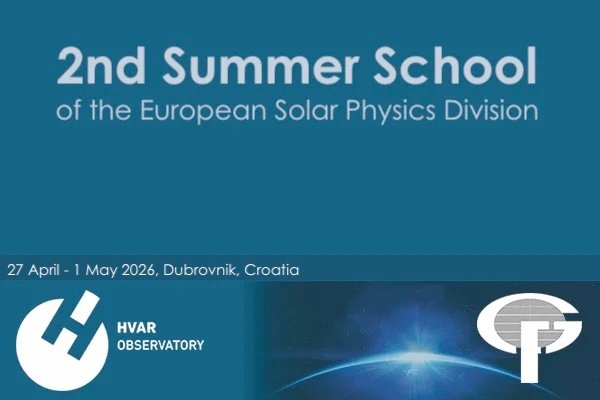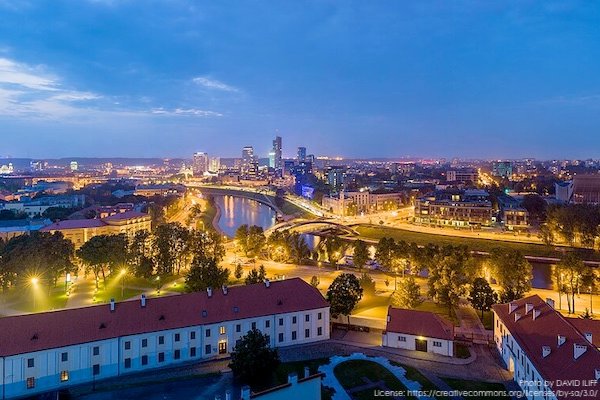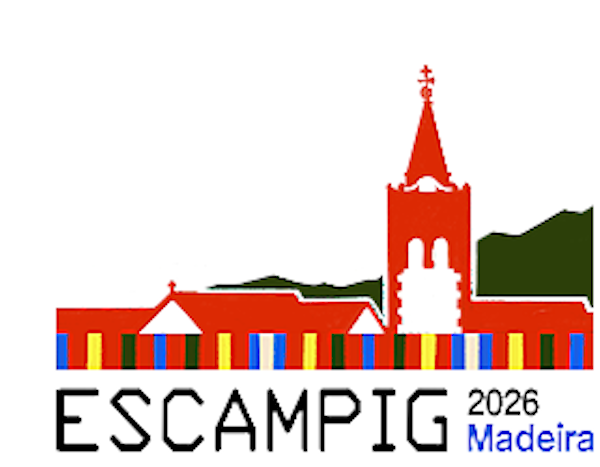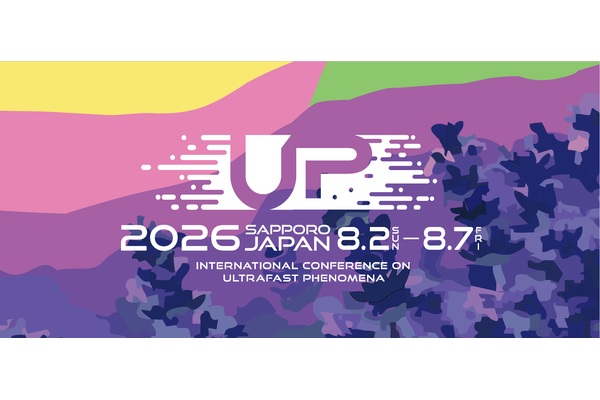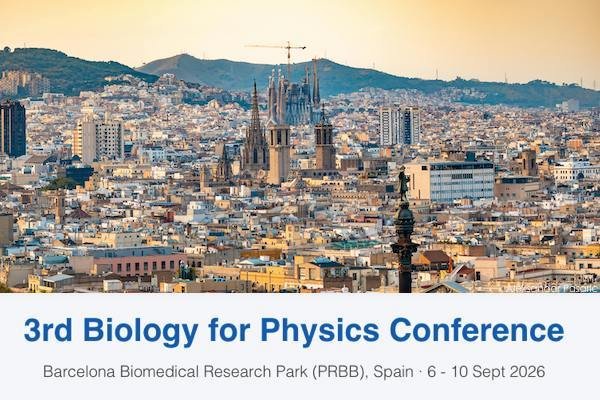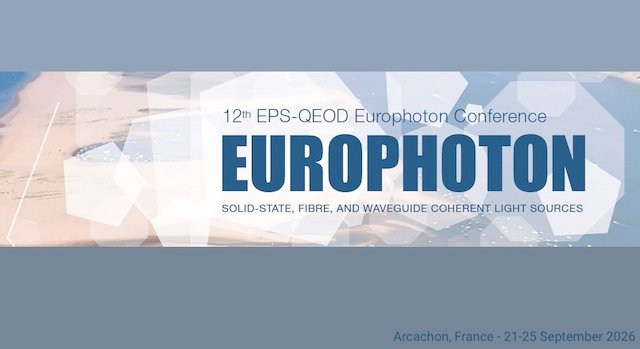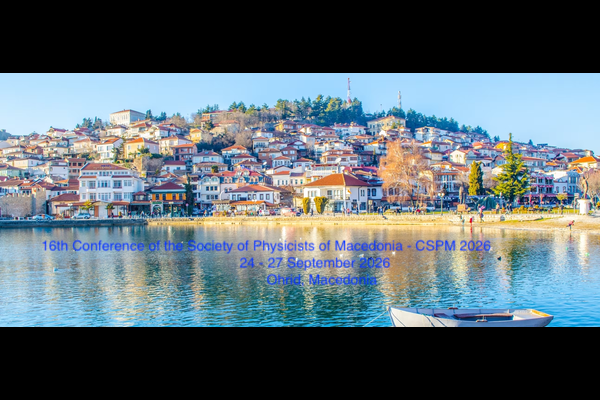Welcome to UP2026 - the XXIV International Conference on Ultrafast Phenomena We are delighted to welcome you to UP2026, the 25th edition of the International Conference on Ultrafast Phenomena, to be held in Sapporo, Hokkaido, Japan, from August 2 to 7, 2026. The conference will take place at the Sapporo Convention Centre, conveniently located in the heart of the city. This marks the fourth time the conference is hosted in Japan, following the most recent edition in Okinawa in 2014. The Ultrafast Phenomena Conference series began in 1976 and is held every two years. It is widely recognized as the premier international forum for gathering the community of scientists and engineers working in research and technology related to ultrafast phenomena. It brings together atomic, molecular, and condensed matter physicists, physical chemists, biophysicists, and scientists developing new tools, methodologies and techniques, all working on the science of ultrafast phenomena. These phenomena cover the time scales ranging from picoseconds (1 ps = 10-12 s) to hundreds of attoseconds (1 as = 10-18 s). The regular online paper submission system is now open. The deadline to submit papers is January 31, 2026, 23:59 JST Tokyo time. No further extension will be possible. In the recent past, the field of ultrafast phenomena has moved ahead in a breathtaking fashion, thanks in part, to the development of new laser-based as well as accelerator-based sources of ultrashort pulses of electrons and light, such as high-harmonic generation, few-cycle optical pulses, sources of short wavelength radiation such as X-ray free electron lasers. The spectral range of ultrashort pulses of radiation has been extended to the long wavelength range such as Terahertz radiation, and the short wavelength range such as vacuum-ultraviolet and the soft and hard X-ray domains. Together with the development of new methodologies, e.g., multidimensional spectroscopies, THz spectroscopy, electron-based (EELS, PINEM, UED, etc.) and X-ray-based techniques such as serial femtosecond coherent diffractive imaging, these great leaps forward are delivering an impressive degree of insight into phenomena both within atoms and between atoms and up in scale to macromolecular systems. At the same time, the flexibility in methodologies opens perspectives for major applications in the fields of solar energy, molecular electronics, optoelectronic devices, biomimetic devices, etc. Finally, all this is accompanied by an improvement in theoretical models, strongly supported by the increase in computational power, which are indispensable for our understanding of phenomena on such ultrafast time scales. Sapporo, one of Japan's largest and most vibrant cities, is nestled in the northern island of Hokkaido. It offers a unique blend of modern amenities, rich culture, and stunning natural landscapes—an ideal setting for this exciting scientific gathering. We hope you will take time to experience the distinct culture, natural beauty, and refreshing climate that Sapporo and Hokkaido have to offer during the summer season. We look forward to welcoming you to Sapporo and to UP2026—an exciting week of cutting-edge science, meaningful discussions, and memorable experiences. See you in Sapporo! Elisabetta Collini (General Chair) Akiyoshi Hishikawa (General Chair) Amber Krummel (Program Chair) Eiji J. Takahashi (Program Chair)
